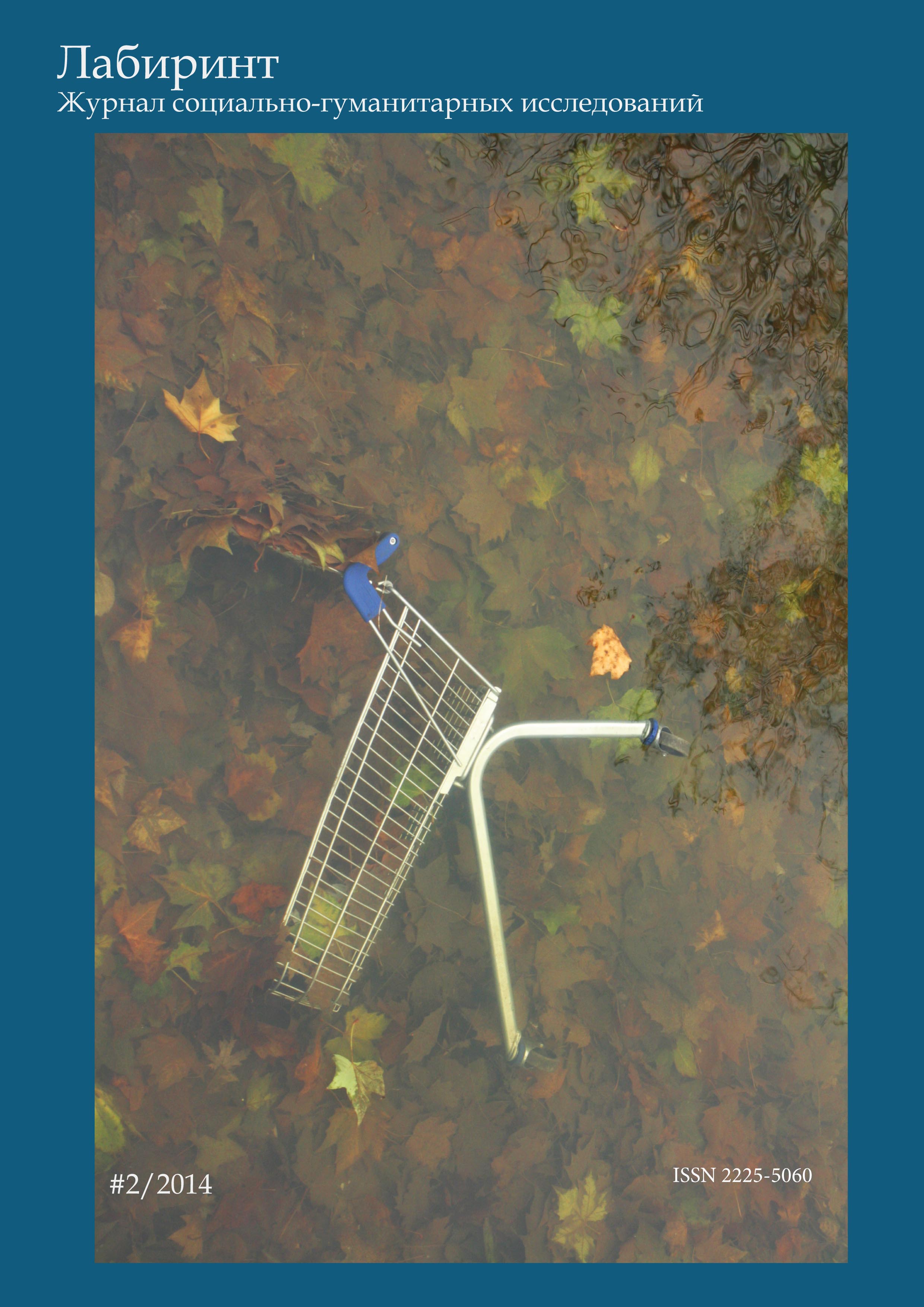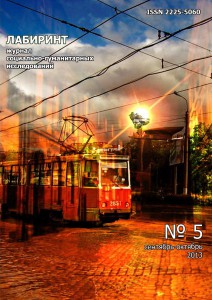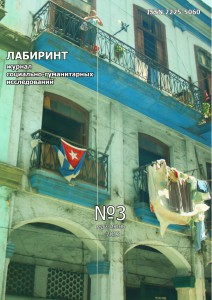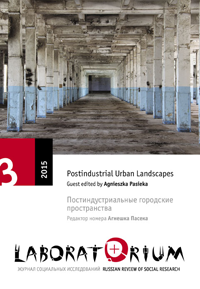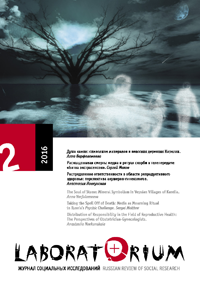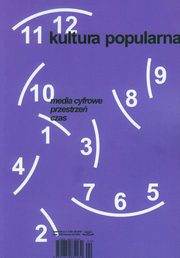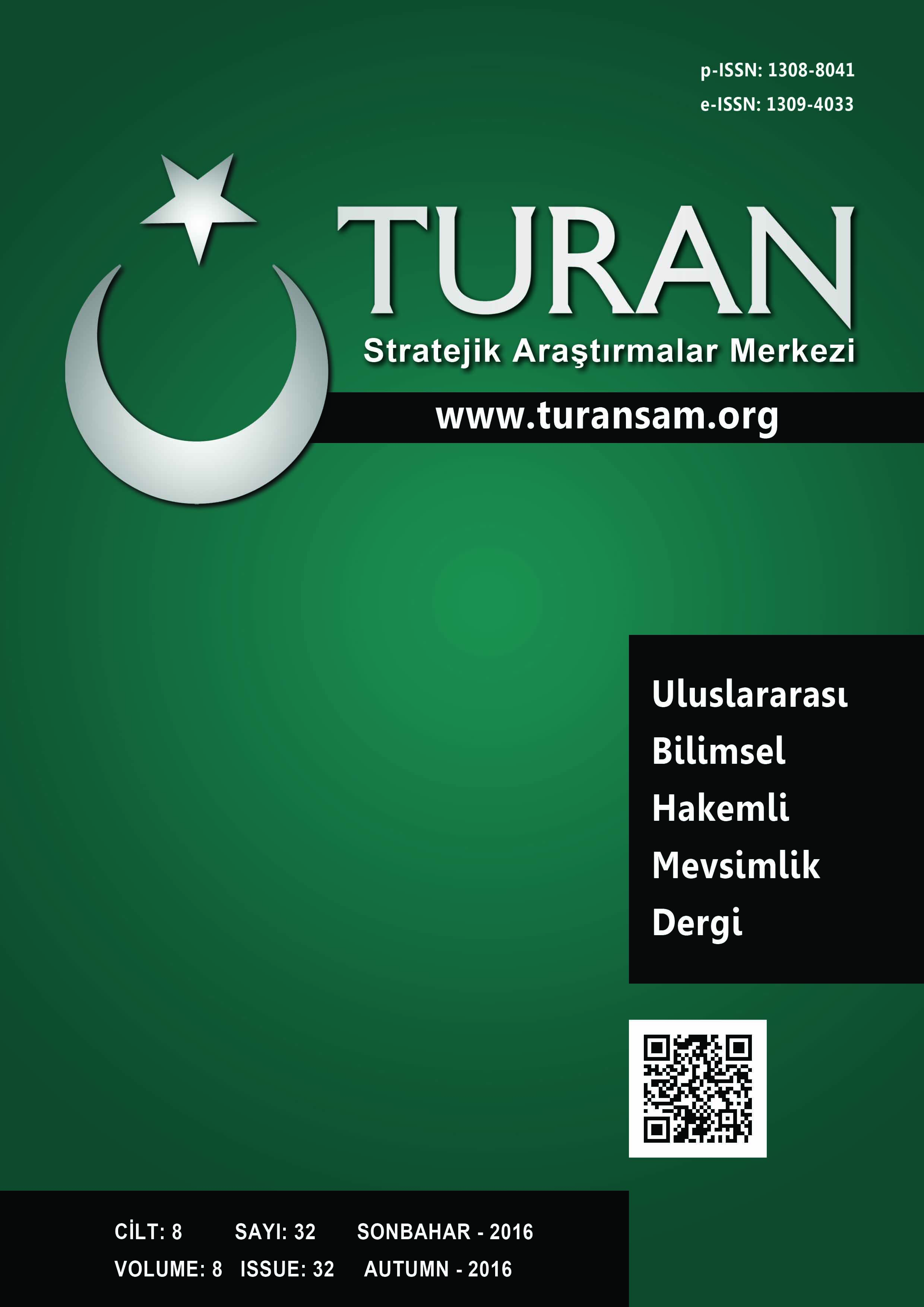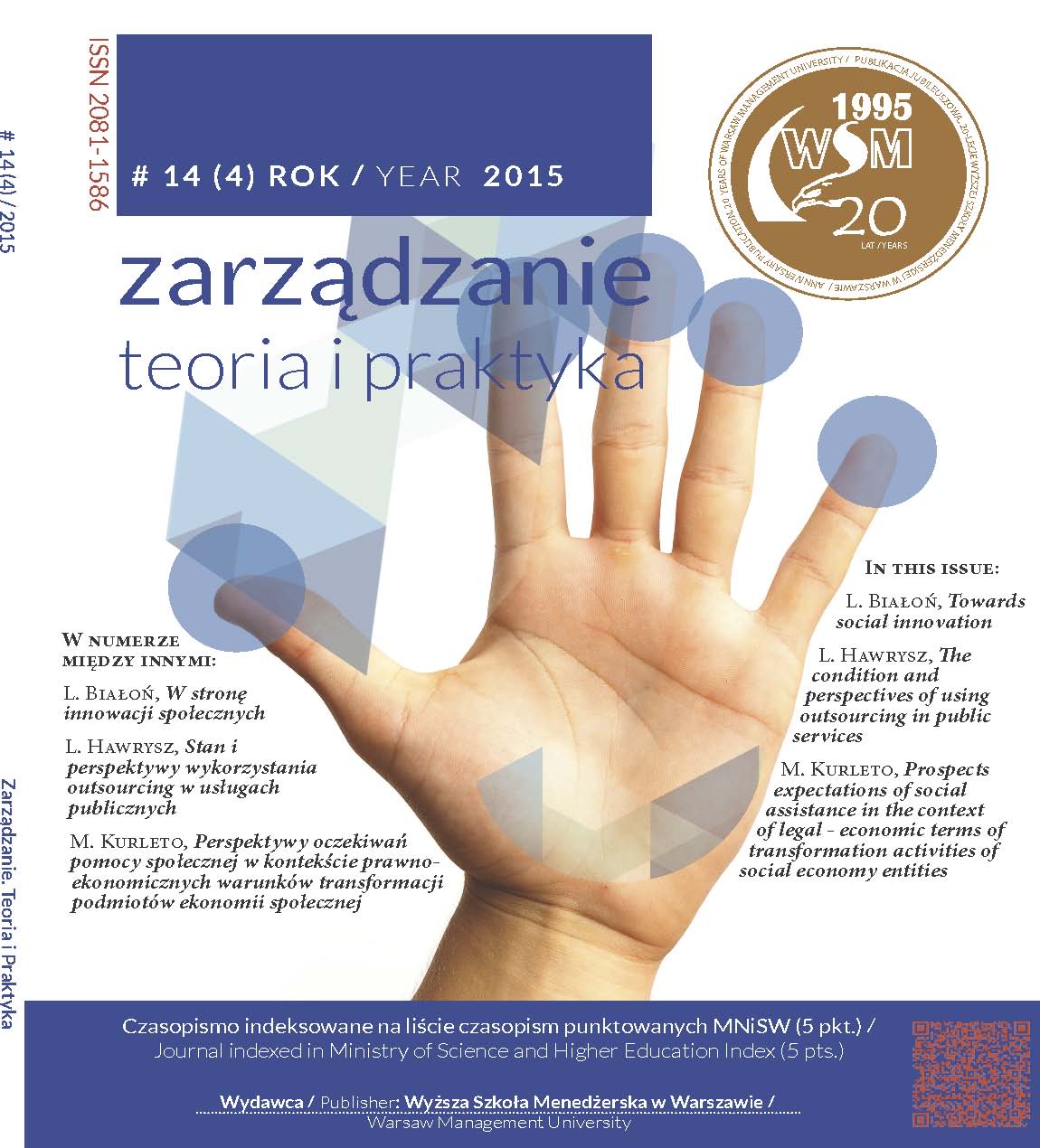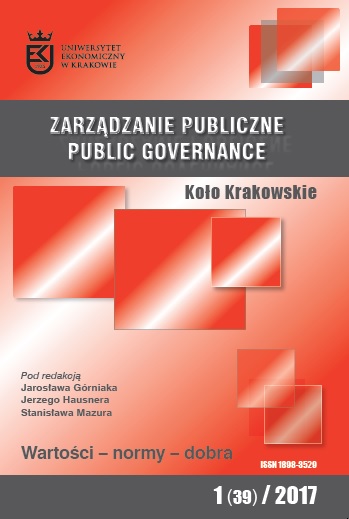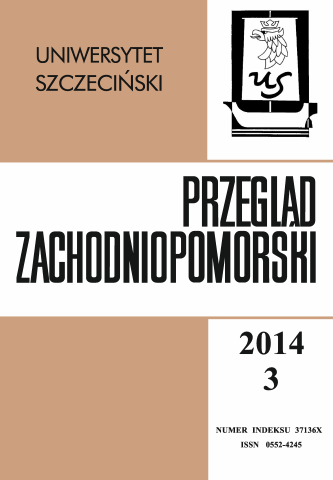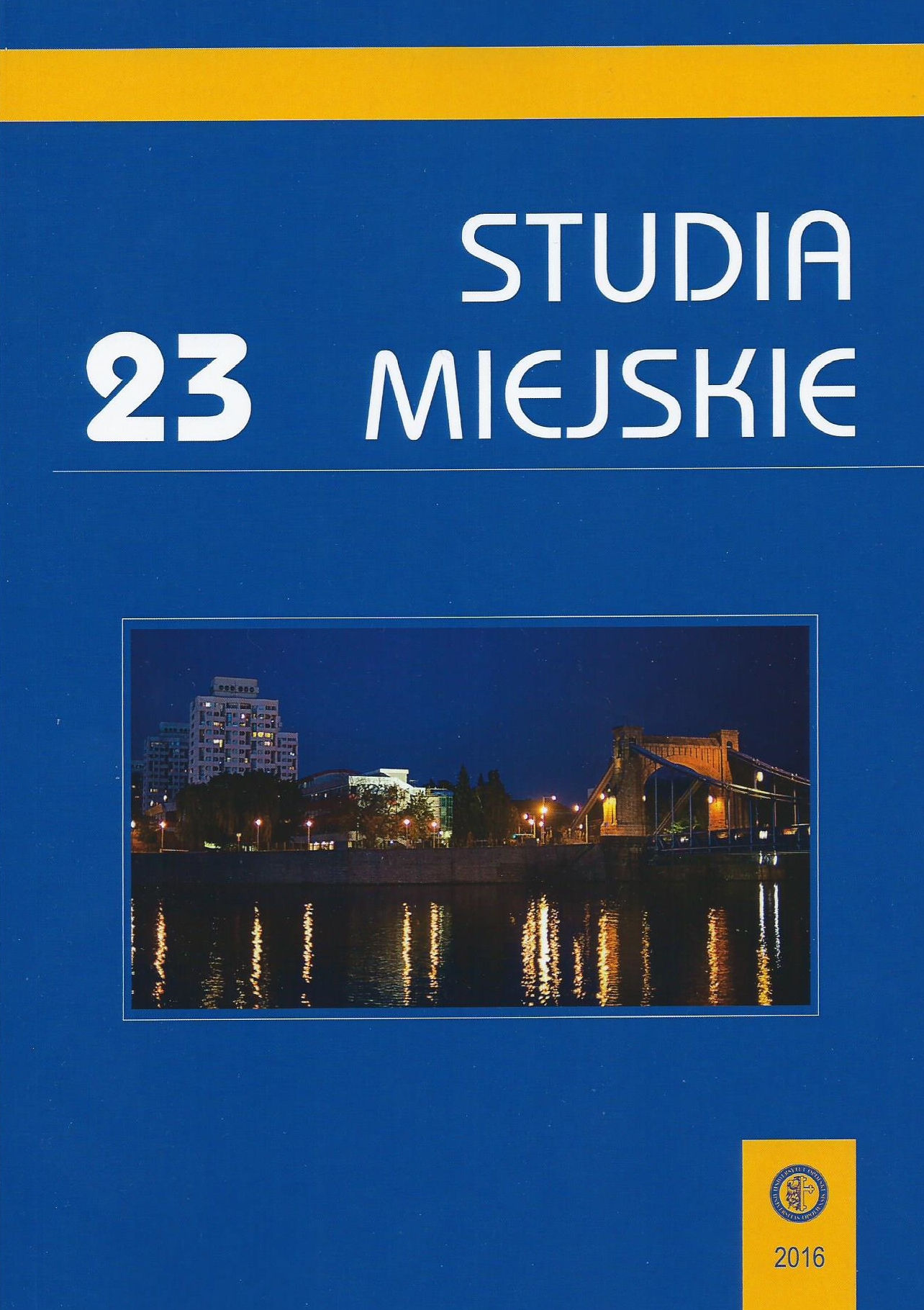Author(s): Erika Zaleskienė,Indrė Gražulevičiūtė-Vileniškė,Sébastien Gadal / Language(s): English
Issue: 1/2015
Landscape planning as one of the most important spheres determining the lifestyle environment and the framework of the societal organisation, being a complex process dealing with hardly predictable future, numerous variables and interested parties, involves a high degree of uncertainty. Dynamic, mutable and hard to define rurban landscapes emerging in the areas of rural-urban interface also imply a lot of uncertainty. These territories are a specific component and the indicator of the metropolisation as well. This means that planning of such landscapes is a difficult task requiring a distinctive approach. The aim of this research was to develop and present the rurban landscape planning principles. The approach to the rurban landscape planning and related research presented here can be identified as multiscale scientific sustainability-based: we have distinguished four major interrelated scales - global, regional, national, and local - and analyzed aspects of uncertainty that should be evaluated and precautionary measures that can be taken, the research that should be carried out, the most relevant landscape sustainability dimensions, and the documents that must or can be employed at each scale. In order to illustrate the relevance and applicability of the presented approach it was illustrated with the case of Lithuania. We have demonstrated the problems and challenges of landscape planning related to rural-urban interface in Lithuania originating at global, regional, national, and local levels, relevant documents and recommended actions for more sustainable development of rurban areas in the overall context of landscape planning. The analysis has shown that the extensive juridical basis and the volume of other documents at all levels exist for successful planning and management of rurban areas in the country and the main problems causing contemporary failure to regulate the processes rural-urban interface are related with the lack of understanding or rurban problematic and the lack of understanding global, continental, and regional contexts, the lack of strategic integrated thinking, transparency, and competences in the planning process.
More...
